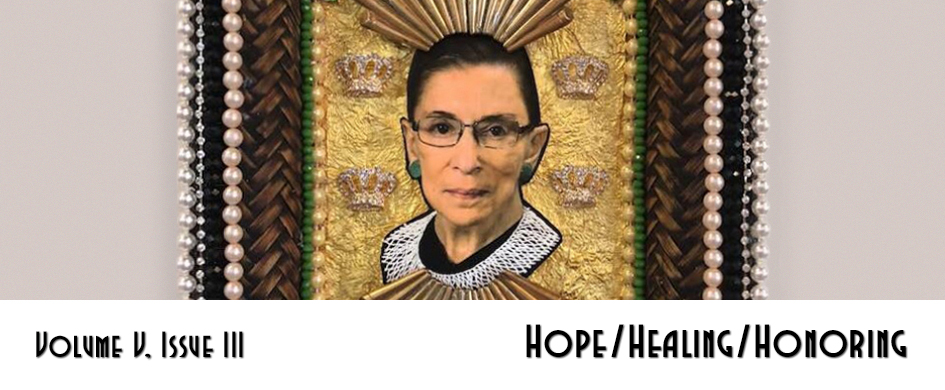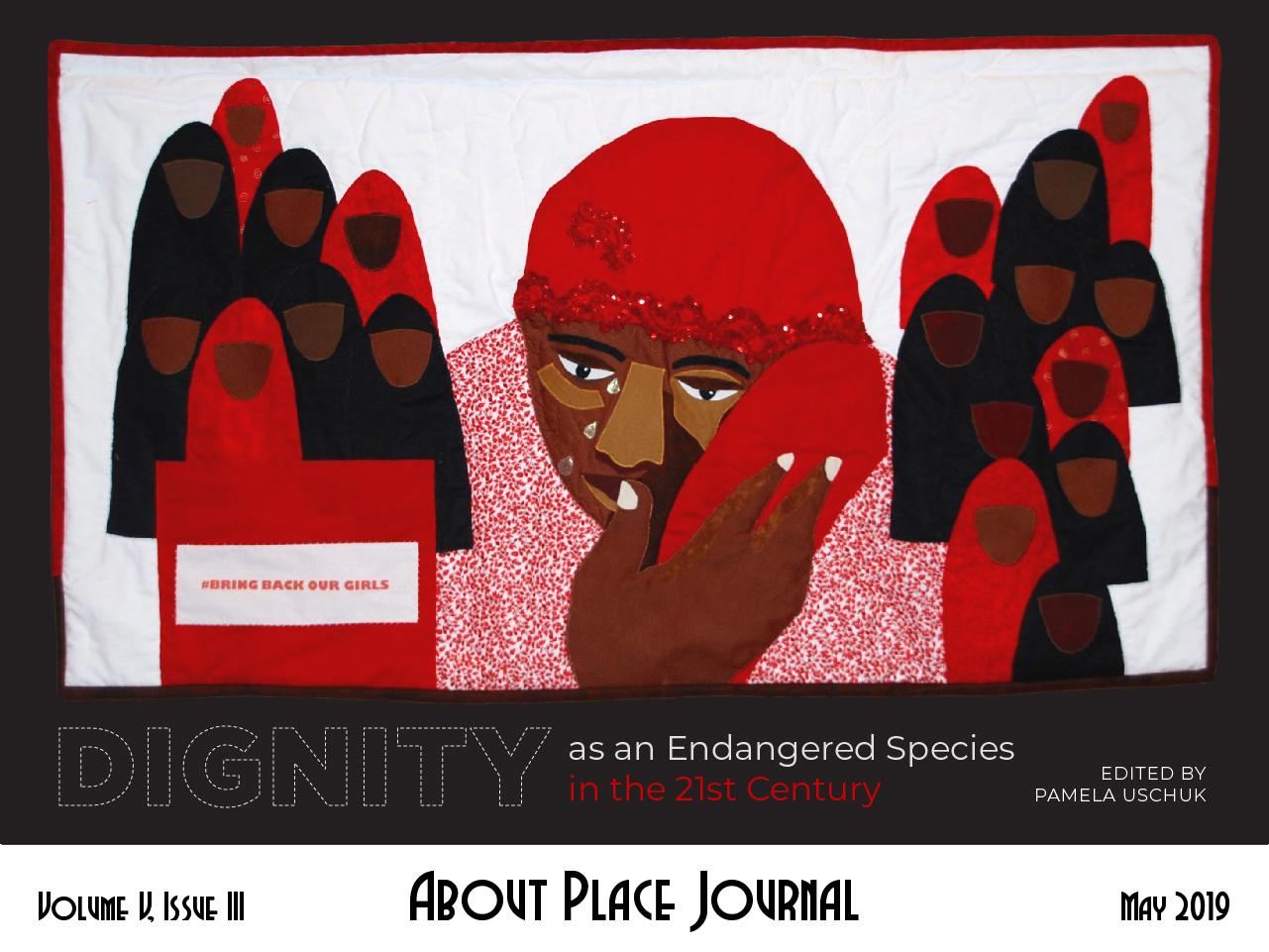When the veteran came home, no one asked
if he had killed or shot or bombed.
When his stories of the war came,
as they always come, he spoke of
making ice cream in an empty airplane,
reading poetry in the army hospital,
writing letters to his wife.
After he had children,
the veteran tucked the war away in a box
with his uniform and his memories,
protected them with mothballs
in a sunny corner of the attic.
When the veteran played Saturday tennis,
taught his children to tie their shoes,
drove the family to see the Grand Canyon,
he never missed his fingers nor
the piece of bone in his left arm.
When the veteran went to sleep
only he knew his dreams and the demons
who lived in them. Only his wife knew
the sudden waking, the cold sweats,
but she never spoke them aloud.
When the veteran loved, he loved
quietly, like an underground ocean
or a geyser with infrequent eruptions.
He never owned a flag.
He always voted.
When he spoke of humanity,
his voice remained steady.
The veteran never thought himself
a veteran or hero, just a citizen
who made a choice.
When the veteran died,
people spoke of his heart.
Not the purple one, pinned to his lapel
nor his missing fingers,
the piece of bone gone from his left arm.


